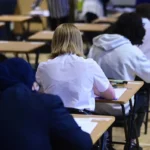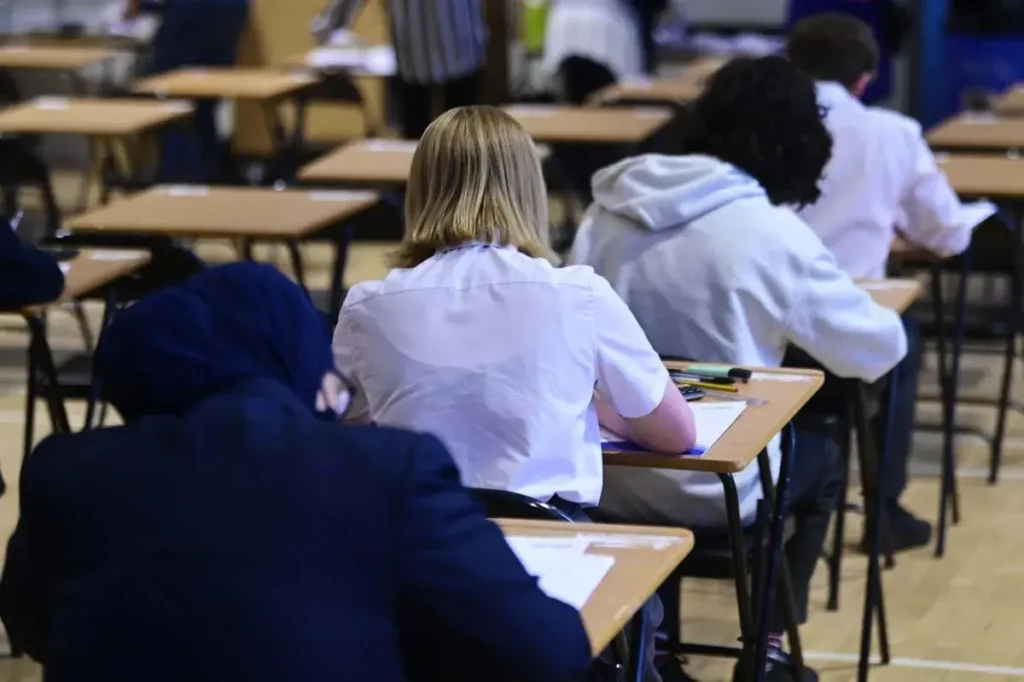ArdorComm Media News Network
November 7, 2025
In the most significant education overhaul in over a decade, schoolchildren in England will soon be taught how to identify fake news and gain a deeper understanding of artificial intelligence. The move comes as part of the UK government’s wider plan to modernise education and equip students with essential skills for the future.
Following the recommendations of the Curriculum and Assessment Review released on Wednesday, the Department for Education (DfE) announced sweeping reforms designed to prepare young learners for the evolving digital and economic landscape. Among the proposed changes is a 10% reduction in the number of exams faced by teenagers, addressing concerns that the current assessment load is “excessive.”
“From the basics of reading to the modern-day challenge of spotting misinformation, these landmark reforms form part of our Plan for Change,” said Education Secretary Bridget Phillipson. “It’s been more than ten years since the national curriculum was updated, and it’s vital that students are prepared to meet today’s challenges and seize tomorrow’s opportunities.”
Under the revised framework, primary school students will be introduced to lessons on detecting misinformation and disinformation, aimed at strengthening their critical thinking and online safety. They will also study financial literacy topics such as mortgages, debt, and money management, alongside enhanced reading and communication skills.
The reforms also propose a compulsory citizenship module, which will include climate education, a new foreign language qualification, and greater emphasis on outdoor learning and sports.
Jane Gratton, Deputy Director of Public Policy at the British Chambers of Commerce, welcomed the move, saying: “Businesses will support curriculum changes that build employability — from teamwork and communication to digital and financial skills. Ensuring that every student has access to meaningful qualification pathways will help them stay engaged and ready for the world of work.”
The new curriculum is set to roll out in September 2028, with the final version expected by early 2027, giving schools four terms to prepare for the transition.
Source: PTI


